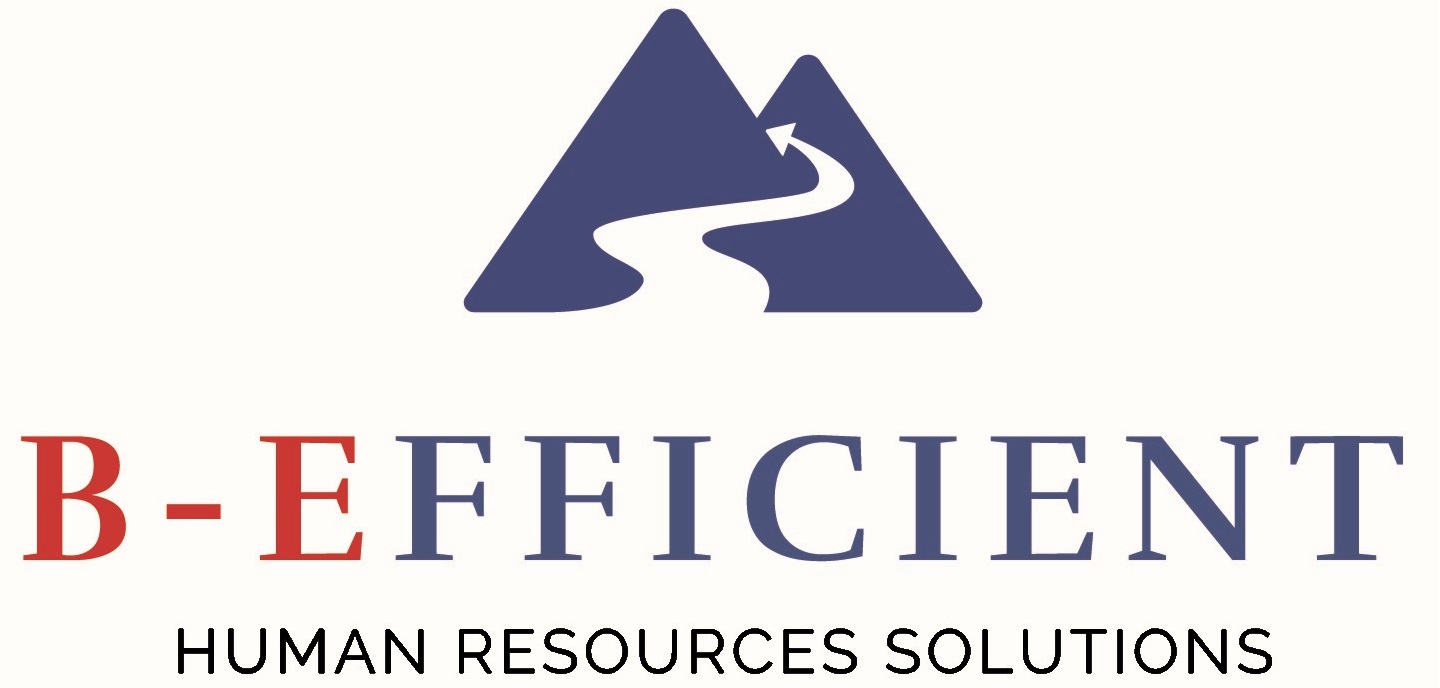B-Efficient news – March 2022
Learning agility or the importance of developing a capacity for rapid learning in an unpredictable and ever-changing world("VUCA world": Volatile, Uncertain, Complex, Ambiguous).

"The illiterates of the 21st century will not be those who cannot read or write, but those who cannot learn, unlearn and relearn." Future Shock, Alvin Toffler (1970.
Agility is a concept that originated in sport. It can be defined as the ability to move and change direction quickly.
It requires the athlete to have reflexes, coordination, balance, speed and a response to a sudden change in the game situation.
The athlete must in theory be able to look at what is happening around him/her (information gathering) and react by changing his/her body position while maintaining balance and control.
To be agile is to be effective in a situation that requires quick action, such as scoring a goal.

By analogy, learning agility in organizations is the ability and willingness to learn quickly.
It means being willing to learn, unlearn and relearn to adapt to constantly changing conditions.
The Covid-19 crisis has shown how the world can change dramatically overnight. During this period of high turbulence, learning agility enabled some organizations to adapt quickly and take advantage of the new environment.
According to the Korn Ferry Institute, learning agility is more than ever a key competency for managers and business leaders operating in an unpredictable environment.
Possessing learning agility means that the leader can:
- Unlearn old beliefs and practices that are no longer relevant to today's business.
- Analyze new and complex situations by looking beyond what is already known and integrating unrelated information.
- Develop innovative solutions in an unknown and uncertain environment.
To this end, the leader should be open to sudden or unexpected changes and be flexible.
According to Dr. Kenneth P. De Meuse (1) ,we are all capable of becoming more agile in our learning if we have the will to do so and if we demonstrate rigour and perseverance.
Here are 7 measurable skills to demonstrate learning agility as a leader:
1. Interpersonal relations
Understanding others and being able to work well with a variety of people, inspiring confidence and using others constructively to achieve the organization’s goals.
We are often reluctant to ask for help because it could be interpreted as a sign of weakness. However, exchanging experiences and sharing knowledge with other managers, for example, can avoid many pitfalls. These exchanges can also, if done properly, help to value the other person.

2. The cognitive perspective
Conceptualize issues differently, looking at problems from a holistic, unique and strategic perspective.
The essential difference between "an experiment" and "a learning experience" is the time taken to reflect afterwards. What can be learned from the experience, what needs to be changed or improved? Identify what worked well and what did not.

3. Environmental awareness
Be fully observant of your environment, attentive to changing conditions and approach them without judgement, and regulate your emotions effectively. For many action-oriented leaders, it can be difficult to stop and see things as they really are (without judgment and interpretation).

4. The will to excel
Motivated by challenges, seeking difficult assignments, being resourceful and getting things done.

5. Self-awareness
Understand yourself accurately, your abilities, weaknesses, beliefs, values and personal goals.

6. Open-mindedness
Curious, eager to learn, open-minded to new situations, and continually seeking innovative (sometimes risky) approaches to achieve results.
Another key element of learning agility is the belief that we can change and develop. It is in fact a mindset that sees every new experience and even failure as a learning opportunity.
Ask ourselves what we learn from new situations: What are our strengths and weaknesses? What opportunities do we seize?

7. Receptivity to feedback
Actively solicit and accept feedback, consider its merits and take corrective action.
Regular feedback, from a variety of sources, is essential for identifying what to start, stop, change or continue. Asking for feedback may seem difficult (at first) but with practice it can become a gift, a goldmine.

To sum up :
Acquiring learning agility means: -looking at the world differently, -thinking differently, -changing one's usual behaviour, -testing new approaches, -leaving one's comfort zone. It requires courage, effort and perseverance.
Every new situation is an opportunity for new learning, experimentation and personal development as a leader, employee or individual. Have confidence in yourself and your ability to succeed even in these tumultuous times.
"A bird sitting on a tree is never afraid of the branch breaking, because its trust is not on the branch but on its wings.
What does B-Efficient offer?
B-Efficient is TALENTx7 certified and offers organizations the opportunity to assess and develop the different facets of learning agility of their managers and leaders. Seven-factor model of learning agility (De Meuse & Feng, 2015).
All employees have talent. The type and amount of talent simply varies from person to person.
Seven-factor model of learning agility (De Meuse & Feng, 2015) :

The TALENTx7 assessment measures seven specific areas of leadership talent. These areas of talent relate to a concept called 'learning agility'. Learning agility is the ability and willingness to learn quickly and then apply those lessons to perform well in new and challenging leadership situations.
Everyone has some degree of learning agility. And, if we want to, we can develop more.
Research has shown that people with higher levels of learning agility are more successful in management and leadership positions than those with lower levels.
A growing number of organisations around the world have used learning agility to assess, identify, select and develop leadership over the past 10 years.
For more information, please contact :
B-Efficient, by email : info@b-efficient.be or by phone : +32 474 96 97 91
[1] "Dr. Ken De Meuse - TALENTx7 Assessment." https://thetalentx7.com/dr-ken-de-meuse/.
